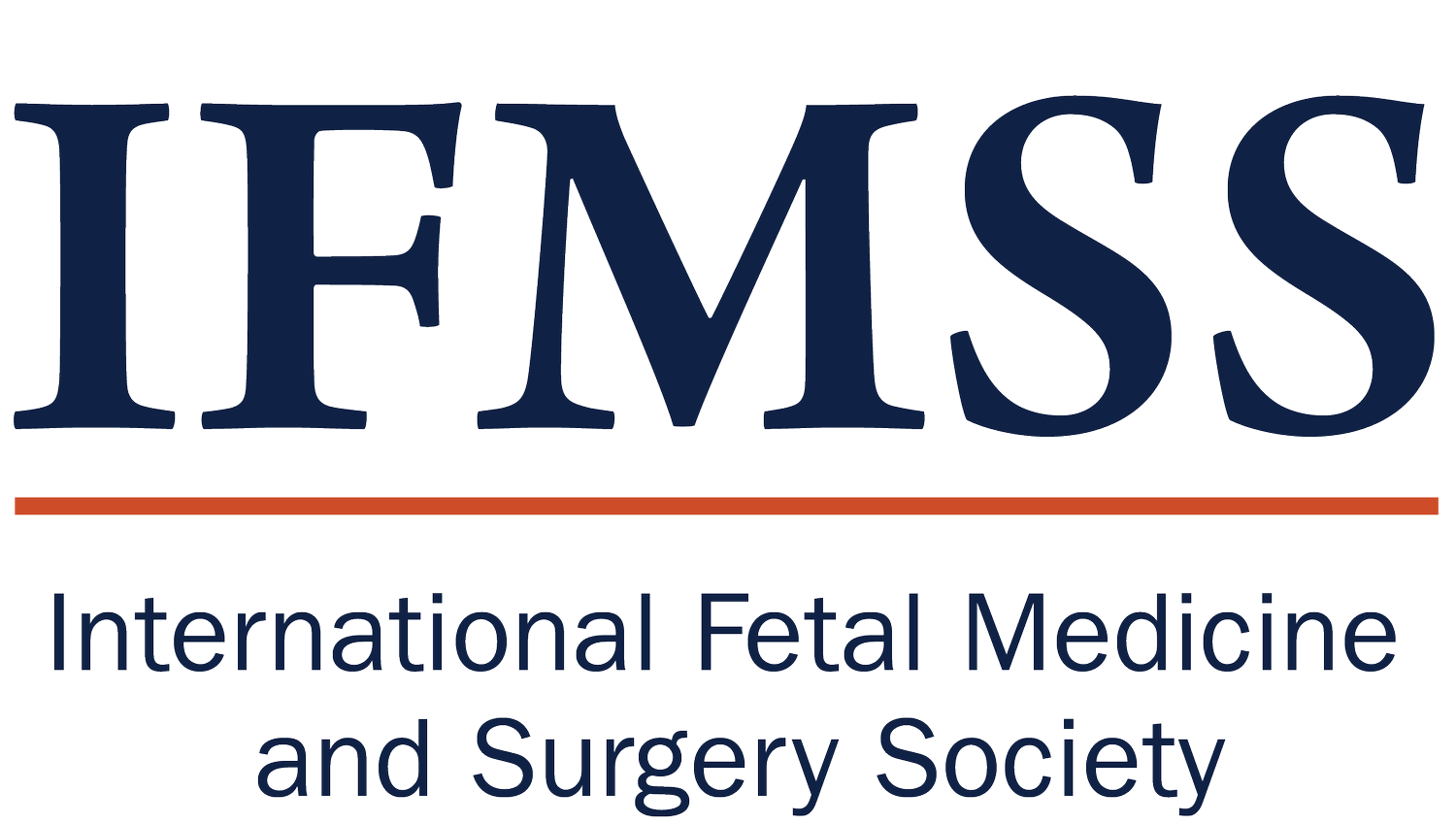“Vote Early; Vote Often”*
… “A few words” from Ireland
Photo by Steve Humphreys
The first time Ireland was involved in European elections, a friend who worked in the European Parliament was discussing the results from the various countries on the day after the vote. “When will we get the Irish results?”, she was asked. “Oh, in a few days,” she replied offhandedly, much to the bemusement of colleagues whose national results were arriving in by the hour.
We use proportional representation, with a single transferable vote, so getting a final result more often than not involves several rounds of counting, over days and even up to a week. It’s actually quite exciting, almost a spectator sport, as you try to work out what the outcome will be, as each round of counting can make a difference to the ultimate result. And unique to Ireland, as far as I know, is the tallyman or woman who stands at the railings as the paper votes are counted and takes note, and who is generally accurate to within 1%.
The system is not perfect. It can mean a disproportionate focus on local issues to the detriment of the national picture and a potential for coalitions and compromises which no one is ever fully satisfied with. But in these parlous times for democracy the Irish voting practice has many benefits, not least its being truly representative, as each constituency can return a range of candidates from main and minor parties, as well as independents. Even the ‘spectator sport’ element is, in my view, a positive, as it engages the viewer in a way a first-past-the-post system cannot.
We know our politicians. We bump into them in pubs, at funerals, at sports events, queuing for coffee – some years ago, the then President of Ireland almost tripped over my feet getting to his seat at the theatre. We call them by their first name (our current president is most often referred to as Michael D) and even some not-so-polite nicknames, and we never ever let them get ‘notions’ – there is always someone who knew them as a ‘chisler’**
*A somewhat tongue-in-cheek instruction…
**Dublin slang for a child
Image from The Queen of Ireland courtesy of Blinder Films
Ireland Through the Lens
Since the establishment of the state, Ireland has held 39 constitutional referenda, the most recent being on 8 March 2024 with the aim of extending the concept of family. The impetus for this came from a citizen’s assembly, a practice set up in 2016, which brings together 99 citizens from all walks of life to examine, report, and make recommendations on a range of topics.
On 22 May 2015, as a result of the citizen’s assembly on gender equality, a ground-breaking referendum took place, as Ireland became the first country in the world to legalize marriage equality by public vote. The documentary The Queen of Ireland is a fascinating insight into one of the many people who helped to bring about that momentous change in Irish society, while The 34th is a broader exploration of the topic.
Even more seismic perhaps, and also the outcome of a citizen’s assembly, was the 25 May 2018 referendum on abortion. An emotional topic, as is well documented in The 8th, the referendum was another remarkable milestone in Ireland’s social history. These documentaries provide a visual record of dramatic change in the relatively short history of the Republic of Ireland.
Please note, the Irish have a much more ‘accepting’ relationship with strong language than many other nationalities.
A Living Tradition*
A less portentous voting event takes place on 11 May 2023, the final evening of the Eurovision Song Contest. Ireland has won this competition seven times, a record until 2023 when Sweden had its seventh winner.
This year Ireland is represented by Cork-born Bambie Thug with the song, Doomsday Blues. The fact that they identify as non-binary was clearly as irrelevant to the voting audience as was the fact that former Taoiseach (Prime Minister) Leo Varadkar is gay when he was elected – my recollection of discussion here at the time was all about his politics, it was only the international press that was exercised about his sexuality. Sometimes the rest of the world seems a bit out of touch with our reality!
You may not be able to identify any of the Irish songs which won the Eurovision, but it’s unlikely that you’ve never heard of Riverdance. This interval performance during the 1994 Eurovision in Dublin transformed Irish dancing and created a whole new strand of entertainment which continues to bring modern Irish culture around the world.
Quark
A Thread of Violence PB-1. Image courtesy of Granta books.
For a nation that loves telling stories, we have very few writers among our politicians. Former Minister for Justice and founder of the political party, Progressive Democrats, Desmond O'Malley’s Conduct Unbecoming is one of the few examples “on the short shelf”, while Noel Browne’s Against the Tide is a powerful story of his battle as Minister for Health from 1948 to 1951 to reform the Irish health system.
On the other hand, our current President, Michael D Higgins, has published widely both as a poet and a thinker, and the Presidential website provides access to his many speeches and publications.
The strangest story, however, has to be that recounted in Mark O’Connell’s A Thread of Violence which tells how a double murderer ended up in the home of the Irish Attorney General in 1982, leading, among other things, to a description you will only hear used in Ireland: gubu, short for ‘grotesque, unbelievable, bizarre and unprecedented’.





